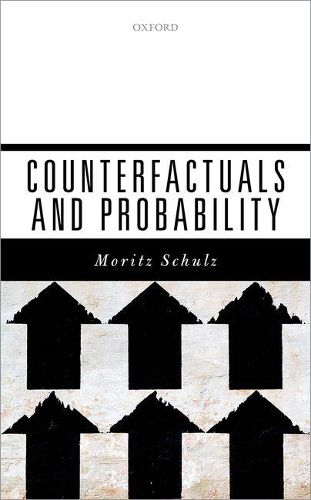Readings Newsletter
Become a Readings Member to make your shopping experience even easier.
Sign in or sign up for free!
You’re not far away from qualifying for FREE standard shipping within Australia
You’ve qualified for FREE standard shipping within Australia
The cart is loading…






Moritz Schulz explores counterfactual thought and language: what would have happened if things had gone a different way. Counterfactual questions may concern large scale derivations (what would have happened if Nixon had launched a nuclear attack) or small scale evaluations of minor derivations (what would have happened if I had decided to join a different profession). A common impression, which receives a thorough defence in the book, is that oftentimes we find it impossible to know what would have happened. However, this does not mean that we are completely at a loss: we are typically capable of evaluating counterfactual questions probabilistically: we can say what would have been likely or unlikely to happen. Schulz describes these probabilistic ways of evaluating counterfactual questions and turns the data into a novel account of the workings of counterfactual thought.
$9.00 standard shipping within Australia
FREE standard shipping within Australia for orders over $100.00
Express & International shipping calculated at checkout
Moritz Schulz explores counterfactual thought and language: what would have happened if things had gone a different way. Counterfactual questions may concern large scale derivations (what would have happened if Nixon had launched a nuclear attack) or small scale evaluations of minor derivations (what would have happened if I had decided to join a different profession). A common impression, which receives a thorough defence in the book, is that oftentimes we find it impossible to know what would have happened. However, this does not mean that we are completely at a loss: we are typically capable of evaluating counterfactual questions probabilistically: we can say what would have been likely or unlikely to happen. Schulz describes these probabilistic ways of evaluating counterfactual questions and turns the data into a novel account of the workings of counterfactual thought.